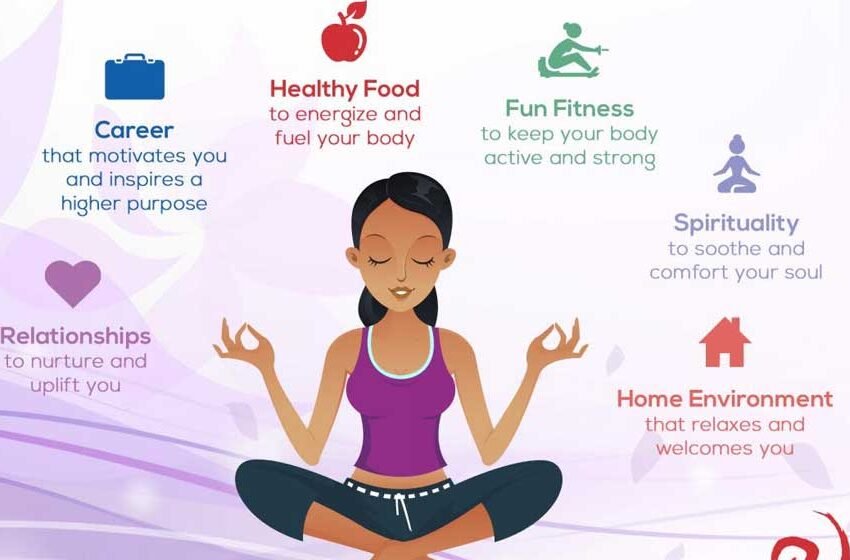The Core of Your Comfort: Simple Daily Habits for Nurturing Your Body’s Inner Ecosystem

Gut Health Basics
The gut microbiome is a vital ecosystem of bacteria and microorganisms that aids in digestion, nutrient absorption, and vitamin production, profoundly influencing energy levels, mood, and overall health. It connects intimately to the central nervous system, affecting how food choices and stress impact overall well-being. As awareness of gut health grows, people actively seek reliable information through wellness communities and scientific research to learn how to maintain a balanced gut for better comfort and health. Many are exploring various supplements, and for some, Morning Complete reviews have highlighted its role in supporting a balanced digestive system, with users often citing improved regularity and a noticeable uplift in their daily vitality. These personal accounts, alongside ongoing research, contribute to a broader understanding of how daily practices can lead to significant digestive wellness.
Foundational Morning Habits
The morning is a crucial time for setting the tone for the day. Choices made in the first 30 minutes after waking significantly impact gut health, energy, focus, and mood. Simple actions like drinking water rehydrate the body after sleep, while gentle movements such as stretching stimulate digestion. Mindful practices, such as breathwork or intention-setting, promote a sense of safety and support healthy digestion. Research indicates that positive morning habits enhance gut diversity and overall health.
Nutritious Choices for a Happy Gut
Research emphasizes the importance of diet on gut health, highlighting that a fiber-rich, plant-based diet supports beneficial gut bacteria and enhances digestion. It suggests filling half of your plate with a variety of colorful vegetables and fruits and promoting balanced meals by adding new foods. Fermented foods are also recommended for their live cultures. It concludes that individual digestion varies, and being mindful of how your body reacts to food is essential for maintaining a healthy gut.
Movement and Balance
Physical activity plays a crucial role in promoting digestive health by enhancing the gut’s efficiency in processing food and regulating microbial diversity. Even short bursts of movement, like 10-20 minutes daily, can improve gut transit time and reduce bloating. Consistency in enjoyable activities—such as walking after meals, stretching, or practicing gentle exercises like tai chi or yoga—can significantly benefit digestion. Incorporating simple movements throughout the day, such as walking during phone calls or taking the stairs, sends positive signals to the gut, encouraging it to remain active.
Listening to Your Body
Perhaps the most underrated tool for nurturing your body’s inner ecosystem is learning to notice and trust your feedback. While research and recommendations are valuable, nothing replaces the knowledge you gain from tracking how your habits make you feel. Changes in digestion, mood, or energy after meals, activities, or supplements are worthy data points. Consider jotting down when you feel your best and what you did in the hours or days prior. You don’t need an elaborate journal—bullet points in a notepad or short reflections in a wellness app can illuminate helpful patterns over time.
Experimentation is key, and it’s important not to judge the process. If increasing fiber leads to more bloating, try adjusting the source or the portion. If winding down earlier in the evening results in deeper, more restorative sleep, it’s worth creating a ritual around bedtime. There’s no single “right” way, only one that fits your body and lifestyle.
For additional insights on food and daily practices that support a flourishing gut ecosystem, Harvard’s simple strategies for gut health highlight the value of diversity, moderation, and gentle experimentation in building lifelong habits. Use these resources as guides, but always return to your observations as your most trustworthy reference.





